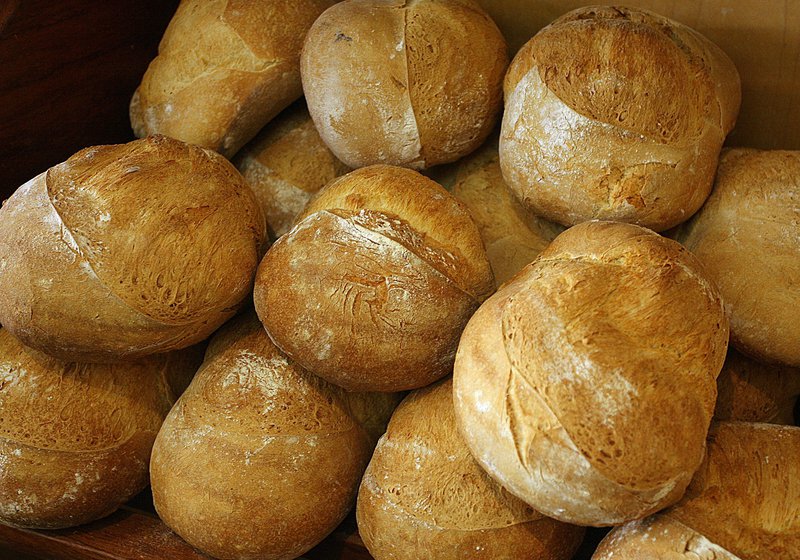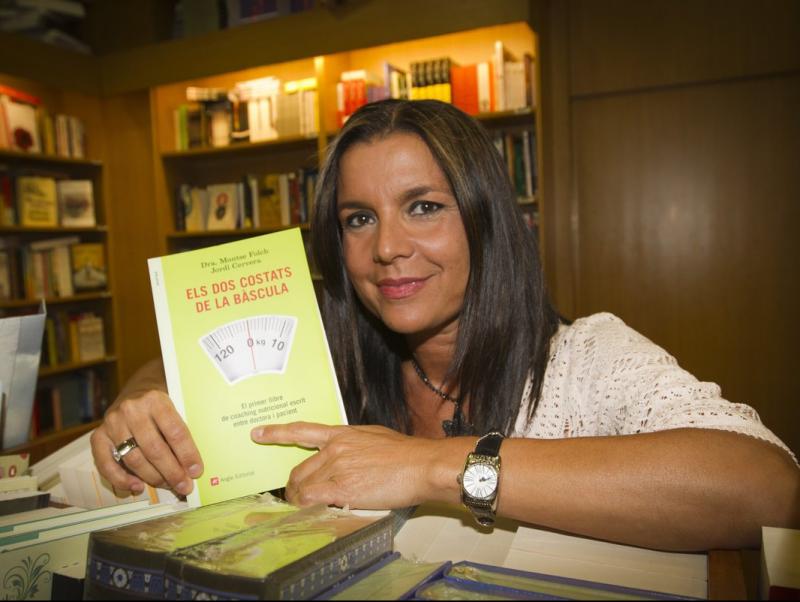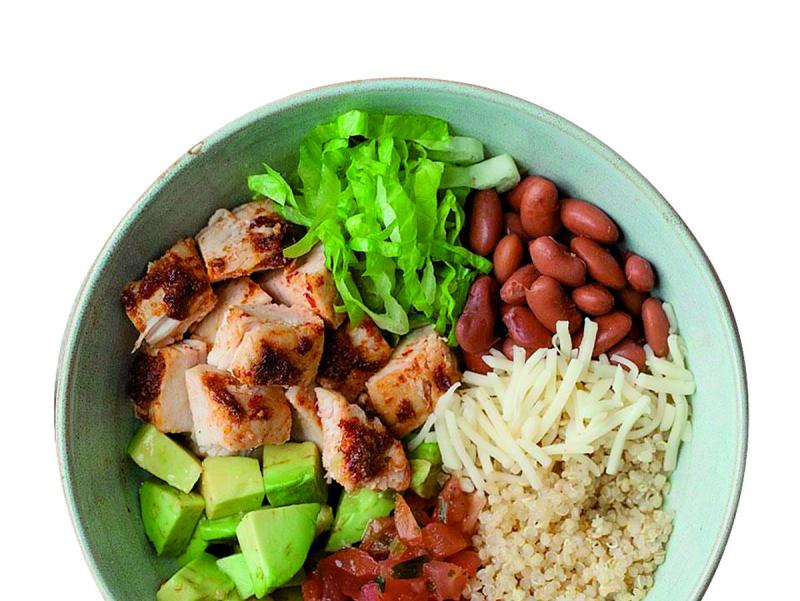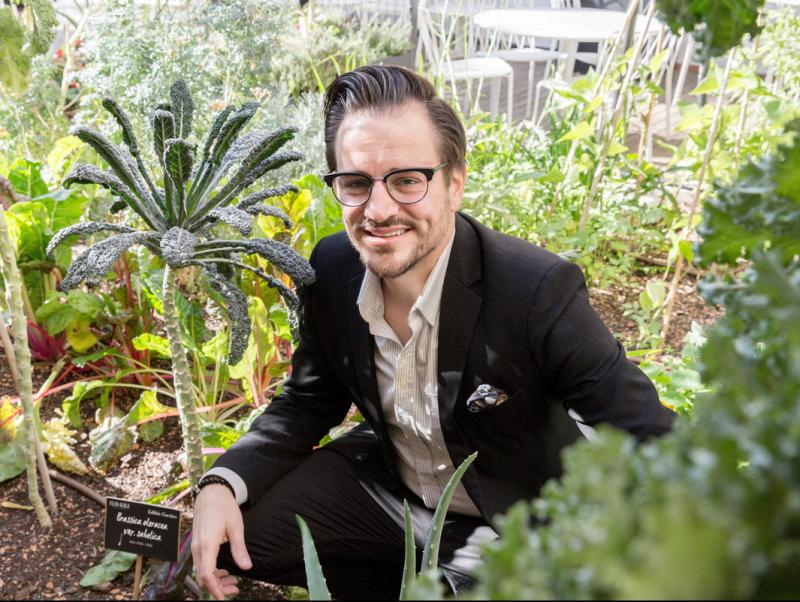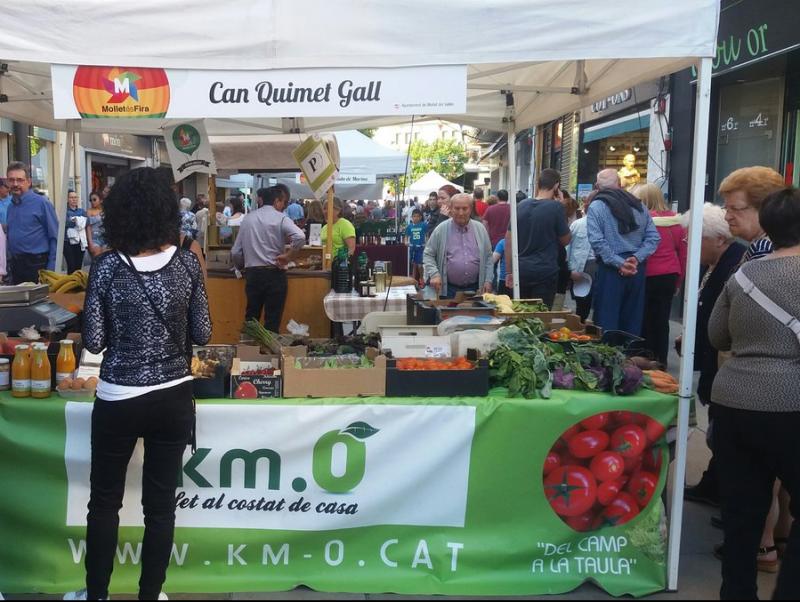Artisan bread is back
Local bakers are increasingly opting for traditionally-made bread as one of the keys to a bright future for the sector
Traditional bread is gaining followers and making a return to dinner tables in Catalan households. Manel Llaràs, president of the Federació Catalana d’Associacions de Gremis de Flequers, says that the bakers’ guild already knew a decade ago that traditional bread would make a comeback and what is happening today merely confirms their forecast. “I am optimistic about the future of traditional bakeries,” he says.
Indeed, there is currently a new wave of innovative artisan bakers who, together with established professionals, promise a bright future for traditional bead. Part of the optimism is also down to improvements in local produce, use of the latest technology and more professional training in a sector that sees baking bread as a way of life.
Different factors contribute to why more people are increasingly ready to drive to the next town just to buy that fresh loaf or cake that they love so much, and which has become an essential part of their diet. “There is a clear change in the clientele,” says the president of Barcelona’s bakers’ guild, Jaume Bertran.
There are ever more customers concerned about quality, locally-sourced and organic products, who are more concerned about what they eat, and thus want craft bread made with “high quality flour, natural yeast or sourdough, and baked in traditional ovens, which requires time and patience,” as Bertran says.
To this, we need to add the emergence of new craftsmen bakers. The head of the Catalan bakers’ federation claims that the current status of Catalan cuisine thanks to the good work and reputation of important Catalan chefs has in some way transferred to the bakery sector. He gives the example of Jordi Morera, from Vilanova i la Gertrú, who in 2017 was named the best baker in the world. For Llaràs, it is no coincidence that Morera is Catalan, and he insists that Catalonia is at the sector’s cutting-edge.
At the same time, this upward trend has had a positive effect on training. Young people are once again seeing the profession of baker as a valid career option, and training schools and bakery and patisserie courses are in ever more demand. Bertran says that “baking is not only a business, but also a profession,” which is why any bakery wishing to have a future also needs committed professionals behind it who are ready to offer the highest quality products. Better quality raw materials, and a greater variety of locally-made flours (spelt, rye, quinoa, sesame, with or without gluten, and organic) have also been key in boosting the sector.
Coinciding with World Bread Day in October, Catalan bakers released figures about the sector showing that despite competition and the presence of large mass distributors, consumers prefer traditional bakeries, which now account for 38% of bread sold. At the same time, the figures show that bread consumption in Catalonia has gone down. In 2016, each Catalan consumed an average of 34 kilos of bread, while in the rest of Europe, average bread consumption stood at 60 kilos per person per year. As for the World Health Organisation, it recommends each person consume 90 kilos of bread annually.
Catalonia’s craft bakery sector is made up of different guilds, representing about 1,200 bakeries across the country and 5,000 points of sale, while providing work for 12,000 people in Catalonia. With these figures in mind, Catalan bakers are asking consumers to give artisan bread a go, while they are hoping for the support of the authorities in reinforcing the regulations in the sector. “We can’t compete with mass-produced bread, so we aim at a more limited market that is searching for a different, natural product,” says the federation’s head. While Llaràs admits that such things as the use of frozen dough for baguettes provides stiff competition, he remains confident that traditional bread has a bright future in Catalonia.
food
The mark of quality
There are several ways of certifying the quality of traditional bread. One of them is the seal of quality known as the Indicació Geogràfica Protegida (IGP) (Protected Geographical Identification). In 2010, the Federació Catalana d’Associacions de Gremis de Flequers promoted the IGP of Pa de Pagès Català. In 2013, the geographical designation was recognised by the European Commission. This type of farmhouse bread is a traditionally baked, rounded loaf, with a crispy crust but soft on the inside.

